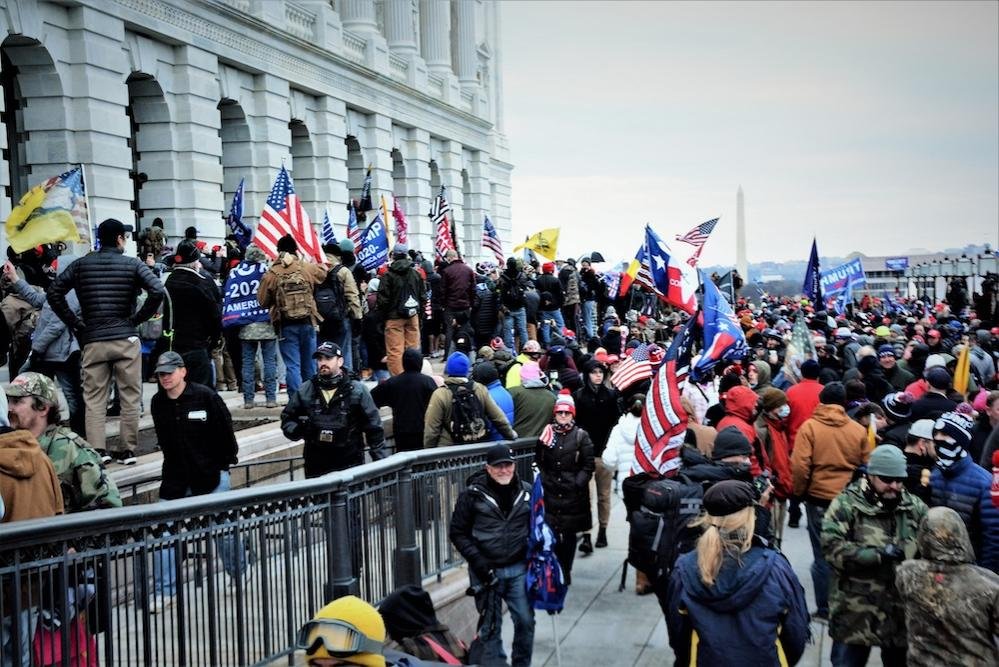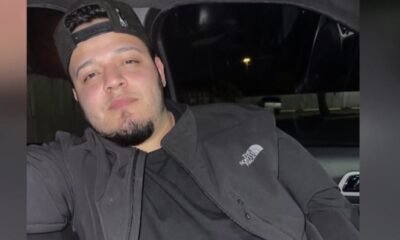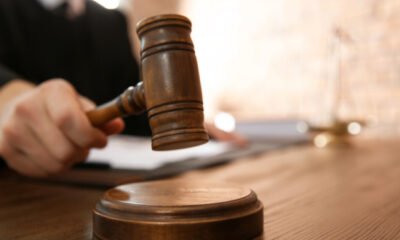crime
Supreme Court Ruling Leads to Dropped Charges for Proud Boys, Oath Keepers in Capitol Riot Cases

Federal prosecutors are dropping obstruction charges against select Capitol riot defendants, following a significant ruling by the U.S. Supreme Court. Earlier this year, the Supreme Court decided, in a 6-3 ruling, that the Justice Department incorrectly applied a statute related to obstructing an official proceeding. The decision asserted that the statute pertains exclusively to document destruction.
Despite the ruling’s narrow impact, it affects certain high-profile defendants, including members of extremist groups like the Oath Keepers and the Proud Boys. Arthur Jackman, a Florida-based Proud Boy, faced multiple charges, including obstruction. Federal prosecutors have since decided to drop the obstruction charge against him and co-defendants Paul Rae, Edward George Jr., Nathan Tuck, and Kevin Tuck. Plea offers have been proposed for other pending charges against these defendants.
The obstruction charge was a cornerstone in the Justice Department’s cases against January 6 defendants. However, the Supreme Court’s decision mandates a more specific application of the law. Chief Justice John Roberts noted that the relevant statute was intended to address only document destruction and not broader acts of interference.
Kellye SoRelle, associated with the Oath Keepers, plans to plead guilty to charges excluding obstruction next month. The Justice Department updates reveal that 1,178 of 1,472 charged individuals were not accused of obstruction. For the defendants facing this charge, 133 have been sentenced, with various outcomes for their associated felonies and misdemeanors.
This development is poised to influence other high-profile cases, including the federal election interference case against Donald Trump. The ruling could impact charges under the same statute, necessitating further judicial review. U.S. District Judge Tanya Chutkan, managing Trump’s case, is anticipated to conduct a “mini-trial” to delineate between “official” and “unofficial” acts in light of the new legal interpretations.


















